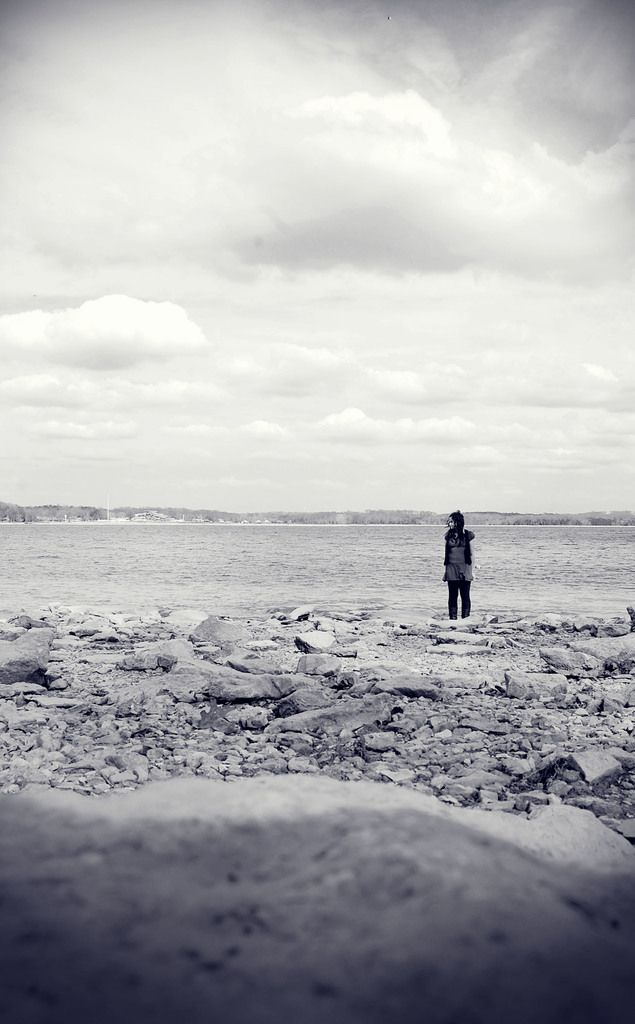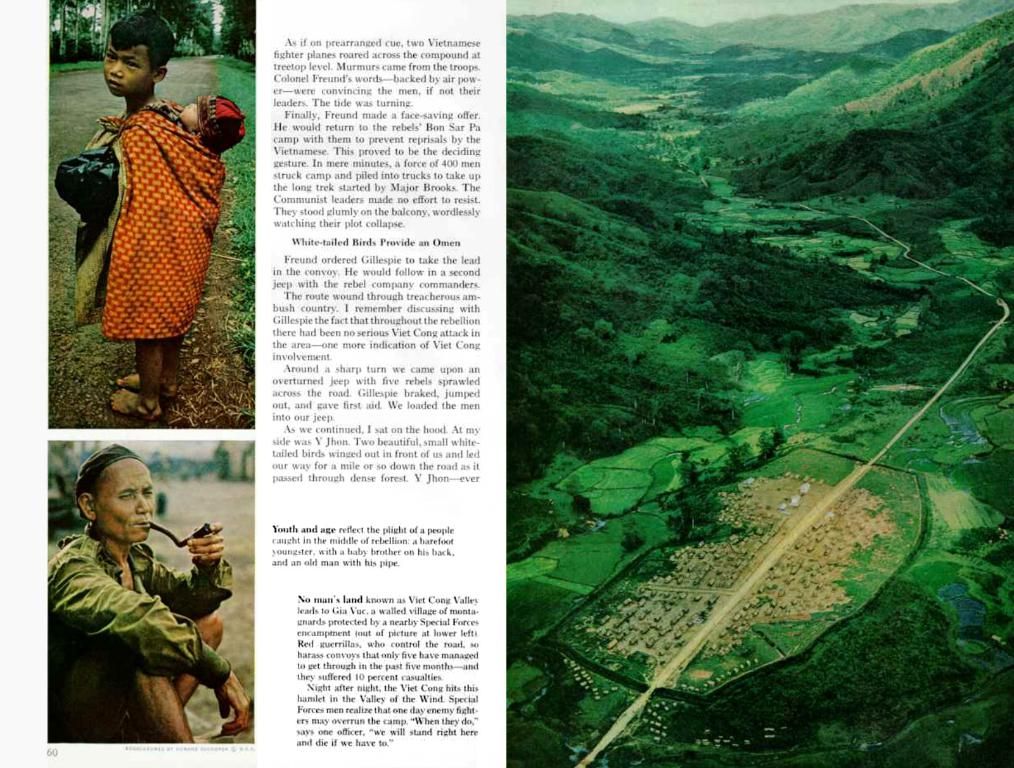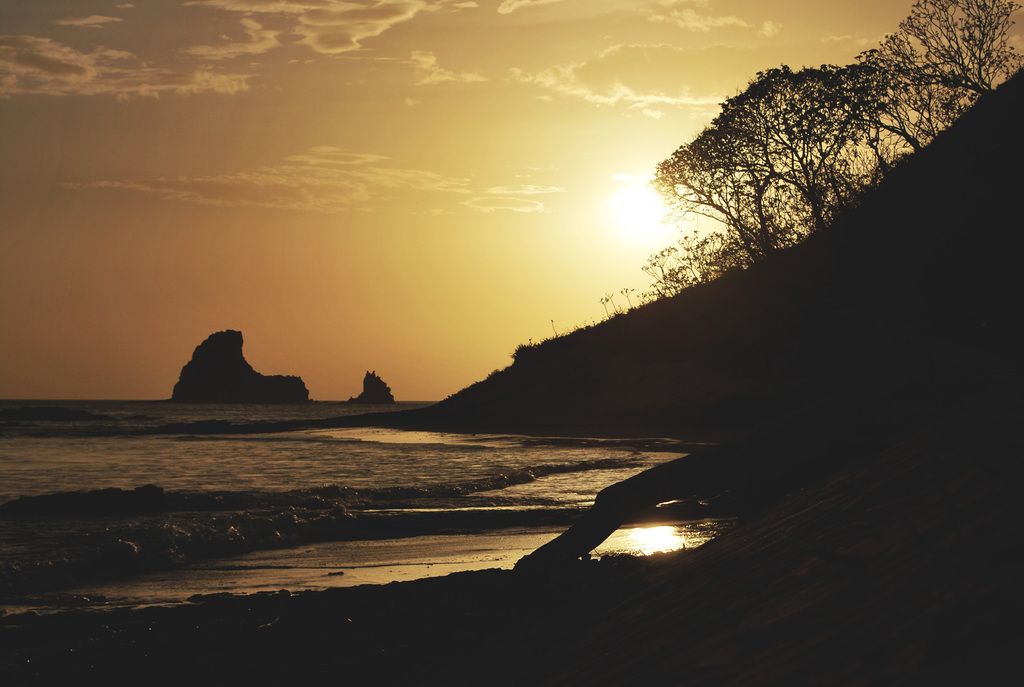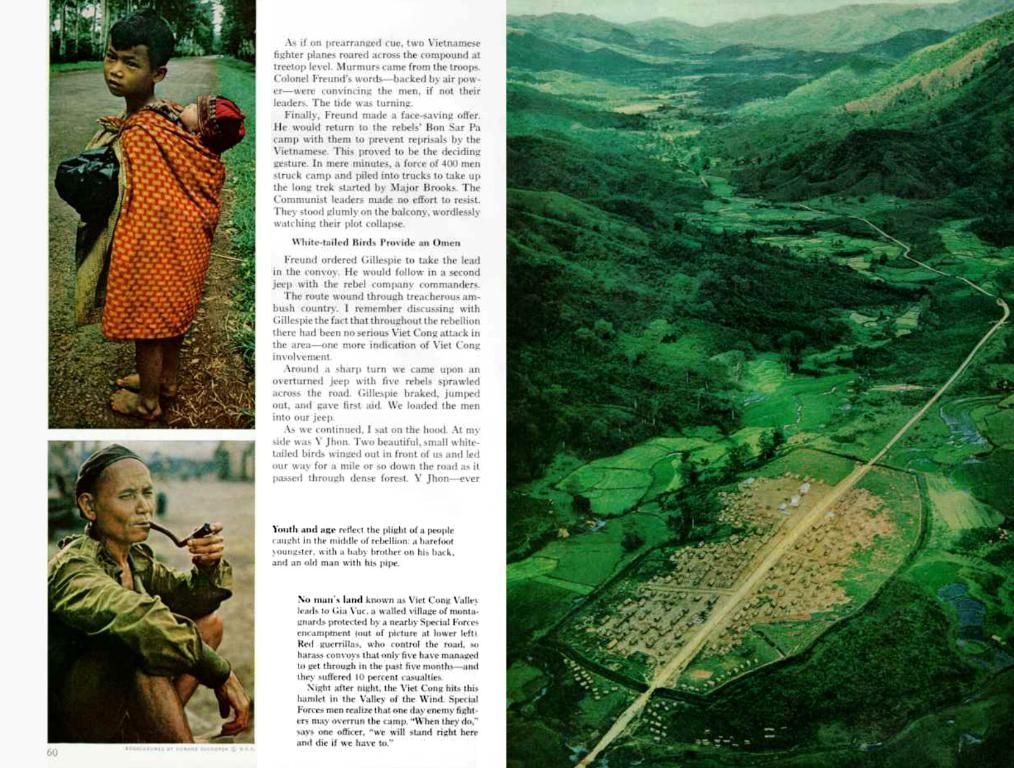Centennial Celebration of Journalism Education in Lithuania
In this digital age, our media landscape is undergoing major transformations. Principles like truthfulness, objectivity, and neutrality are fading, leaving many questioning the credibility of the news we consume. But as Prof. Dr. Auksė Balčytienė of Vytautas Magnus University (VMU) points out, the public's thirst for knowledge remains unquenchable.
On May 15th, in honor of the 100th anniversary of journalism studies in Lithuania, VMU is bringing together journalists, researchers, and the public to discuss the past, present, and future of journalism. Prof. Dr. Kristina Juraitė, Head of VMU's Dept. of Public Communication, has shared their ambitious goals: they want to reignite the conversation about the importance of journalism and its lasting value.
Looking back, the origins of journalism studies in Lithuania can be traced to the early 20th century - a tumultuous period marked by Lithuania's quest for independence and the birth of new technologies. Juozas Eretas, a Swiss professor who founded the ELTA news agency, brought the first journalism lectures to VMU in 1925. Following in his footsteps was Juozas Keliuotis, a renowned Lithuanian journalist who studied at the Sorbonne University and emphasized the importance of journalistic professionalism, freedom of speech, and press accountability in his lectures.
Taking over from her fellow professors, Prof. Balčytienė and Prof. Juraitė shed light on the influences that shaped the emergence of journalism studies in Lithuania. Technological advancements and political developments played significant roles, as did the Western experience that Keliuotis brought back from Paris, where he considered journalism to be a project dedicated to modernizing the nation, the public, and the state.
In 1998, when the tradition of VMU's journalism studies was revived, they were initially launched at the Master's level, emphasizing the breadth and mission of journalism beyond mere reportage. The students who enrolled stood out for their ambition and high standards, with many coming from diverse academic backgrounds and possessing a strong sense of responsibility.
Over the past 25 years, the journalism program has undergone multiple transformations, with changes in its teachers and course content. It now offers the Master's degree study program titled "Future Media and Journalism," recognised as the leading journalism program in Lithuania. The program focuses on understanding the information-communication system contextually and institutionally while addressing modern challenges like post-truth, information wars, and digital storytelling.
Committed to fostering dialogue and igniting curiosity, VMU's exceptional event on May 15th aims not only to celebrate the 100th anniversary of journalism studies in Lithuania but also to engage young people in a fresh perspective on journalism. The event will feature a quiz for school students to showcase their experiences and knowledge, as well as panel discussions featuring alumni, lecturers, and journalists discussing the role of the university in shaping a modern nation and why journalism matters. As we navigate the ever-evolving media landscape, it's important to remember that journalism plays a crucial role in society, promoting critical thinking, and shaping our understanding of the world.
- In the discussion on May 15th, led by VMU, participants will analyze the importance of journalism and its enduring value, aligning with Prof. Dr. Auksė Balčytienė's opinion.
- The thirst for knowledge among the public is reflected in their interest in education-and-self-development, demonstrated by the high standards and diverse academic backgrounds of students enrolled in journalism programs at Vytautas Magnus University (VMU).
- The role of journalism extends beyond reportage, as demonstrated by the Master's degree study program titled "Future Media and Journalism" at VMU, which focuses on addressing modern challenges like post-truth, information wars, and digital storytelling.
- Lifestyle choices and political decisions may be influenced by the credibility and professionalism of journalists, making their work essential in fostering critical thinking and shaping society's understanding of the world.








